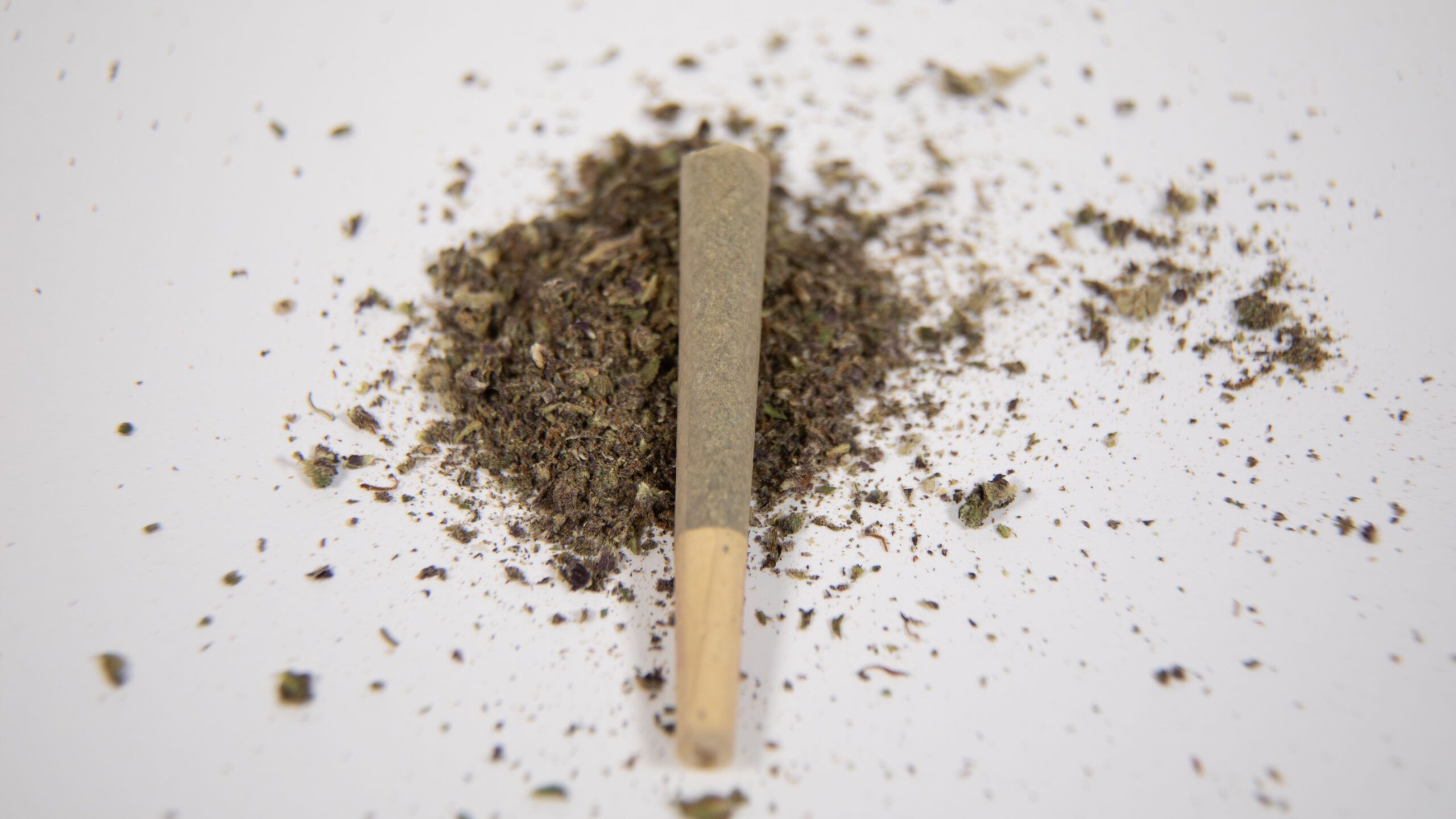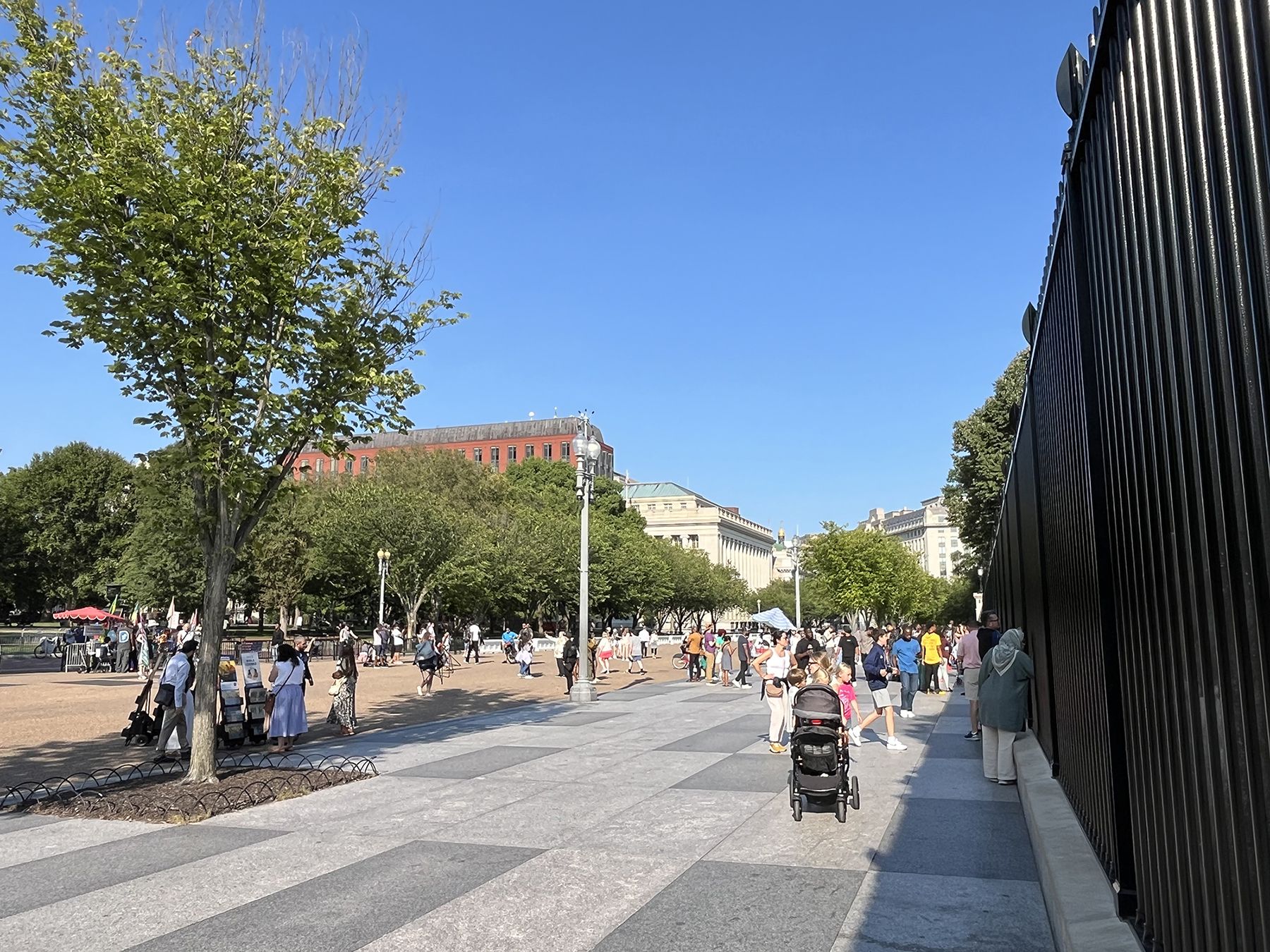As cannabis legalization continues to gain traction across the United States, public opinion has evolved significantly over the past few decades. However, while support for cannabis legalization has reached an all-time high, there remains a notable portion of the population that opposes the legalization of cannabis in any form—whether for recreational or medical use. This article examines data regarding those who believe cannabis should remain illegal, providing insight into the ongoing debate.
Current Public Opinion: The Numbers
According to a 2023 Pew Research Center survey, 32% of Americans believe that cannabis should remain illegal. This figure includes those who oppose both recreational and medical cannabis use, reflecting a persistent segment of the population that is wary of the potential societal and health-related impacts of cannabis legalization.
This resistance to legalization is particularly significant when compared to the 68% of Americans who support some form of cannabis legalization, whether for recreational or medical purposes. The opposition remains concentrated among certain demographic groups, including older Americans, conservative voters, and religious communities.
Source: Pew Research Center
Reasons for Opposition
Opponents of cannabis legalization cite a variety of concerns, including public health, addiction, and societal impact. According to a 2022 Gallup Poll, some of the most commonly mentioned reasons for opposing legalization include:
- Health Risks: Many believe cannabis poses serious risks to both mental and physical health. Concerns over the effects of cannabis use, particularly its impact on brain development in young users, are often raised by those opposing legalization.
- Addiction: While not as addictive as some substances like opioids, a portion of the public believes that cannabis can lead to substance dependency and acts as a gateway drug to harder substances.
- Societal Concerns: Some opponents believe that legalization could increase issues like drugged driving, decreased workplace productivity, and challenges with law enforcement.
Source: Gallup Poll
Demographic Breakdown
Demographic analysis shows that opposition to cannabis legalization is highest among older Americans, particularly those aged 65 and older. In the Pew Research survey, 53% of Americans in this age group were opposed to recreational cannabis, and 34% opposed medical cannabis use.
In addition to older generations, Republican voters are more likely to oppose legalization. According to Gallup, around 45% of Republicans oppose cannabis legalization, compared to 16% of Democrats. Within this conservative demographic, religious beliefs also play a significant role, with evangelical Christian communities among the strongest opponents of cannabis legalization.
Outlook for the Future
Despite this opposition, the general trend in the U.S. is toward more widespread acceptance of cannabis, with an increasing number of states legalizing recreational and medical cannabis. As of 2024, 37 states have legalized medical cannabis, and 23 states have legalized recreational cannabis. However, the presence of a strong opposition base suggests that cannabis legalization will remain a divisive issue for the foreseeable future.
Conclusion
While the majority of Americans support cannabis legalization, a significant portion—roughly 32%—believes that cannabis should not be legal in any form. Concerns over health risks, addiction, and societal issues contribute to this opposition, particularly among older and more conservative demographics. As the debate continues to evolve, understanding the perspectives of those opposed to legalization remains key to shaping the future of cannabis policy in the U.S.
Sources:




